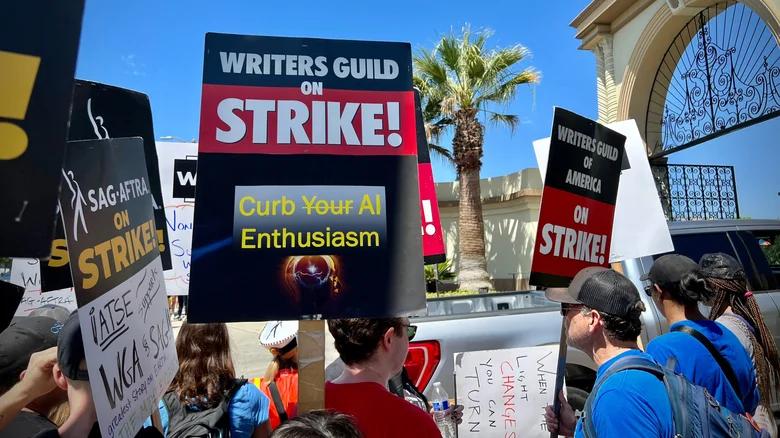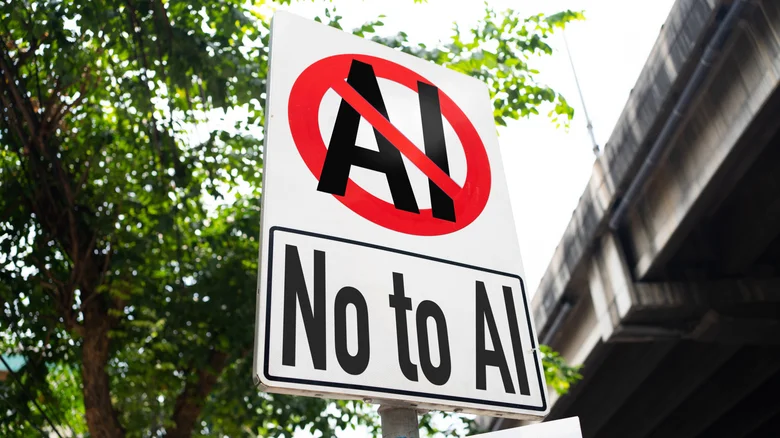In a recent interview with National Geographic, Dr. Milagros Miceli, a computer scientist, sociologist, and leading researcher in data and AI, shared her reasons for not using ChatGPT or similar artificial intelligence tools. Her perspective is especially significant given her expertise and her work with people directly involved in AI development.
Dr. Miceli explained, “No, I don’t use it. It’s a bit of my conscious consumption. Partly because of what I know, but also because I work with people who were involved in ChatGPT training. It has turned out very badly for them. Their lives have been destroyed, and OpenAI has never compensated them. When you’re close to these people, or they’re your friends, it feels like a betrayal.”
The Human Cost of AI
Dr. Miceli’s remarks highlight the growing ethical concerns surrounding AI’s rapid expansion. While companies invest heavily in AI to stay competitive, the human impact is often overlooked. She pointed out that companies frequently celebrate their AI advancements while downplaying the consequences for workers.
“The problem is that it’s not in the news as often as when people are kicked out. Saying ‘we create a fully autonomous AI’ sells a lot more,” she said.
She cited the example of Amazon supermarkets, which replaced cashiers with automated systems. However, these systems required monitoring, and the new jobs were outsourced to poorer countries, where working conditions are less stable and pay is lower. This raises serious ethical questions about how AI affects workers globally.
The Impact on Human Creativity and Skills
Dr. Miceli also warned about the broader societal effects of relying too heavily on AI. She argued that frequent use of tools like ChatGPT can erode human intelligence and creativity, making people less capable of independent thinking. This, in turn, leads to a less skilled workforce and lower wages.
She predicted that the future of work under AI could involve jobs that are “less interesting and more precarious”—not challenging or reliable for long-term, stable employment.
Why Her Voice Matters

Dr. Miceli is not just an observer; she is a research lead at the Distributed AI Research (DAIR) Institute, where her work focuses on exposing AI harm and promoting non-exploitative technology. She also leads research on Data, Algorithmic Systems, and Ethics at the Weizenbaum Institute in Berlin.
Her publications, such as “What Knowledge Do We Produce from Social Media Data and How?”, “The Making of Performative Accuracy in AI Training: Precision Labor and Its Consequences”, and “The Exploited Labor Behind Artificial Intelligence”, reflect her commitment to ethical technology.
Dr. Miceli’s insights are crucial for anyone concerned about the ethical implications of AI. She reminds us that technology can have a dangerous side, even when it appears harmless. “Drones used for fun also have a dark side—drones capable of killing people thousands of kilometers away. The horrific face and the entertaining face are two sides of the same coin. One serves as a distraction from the other.”




